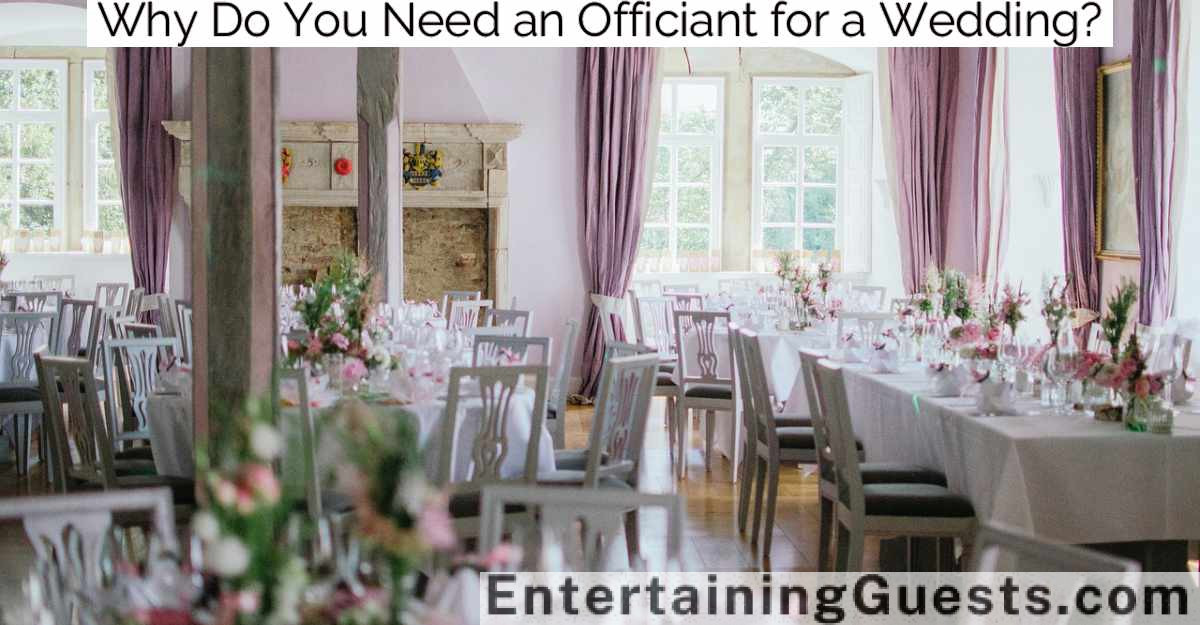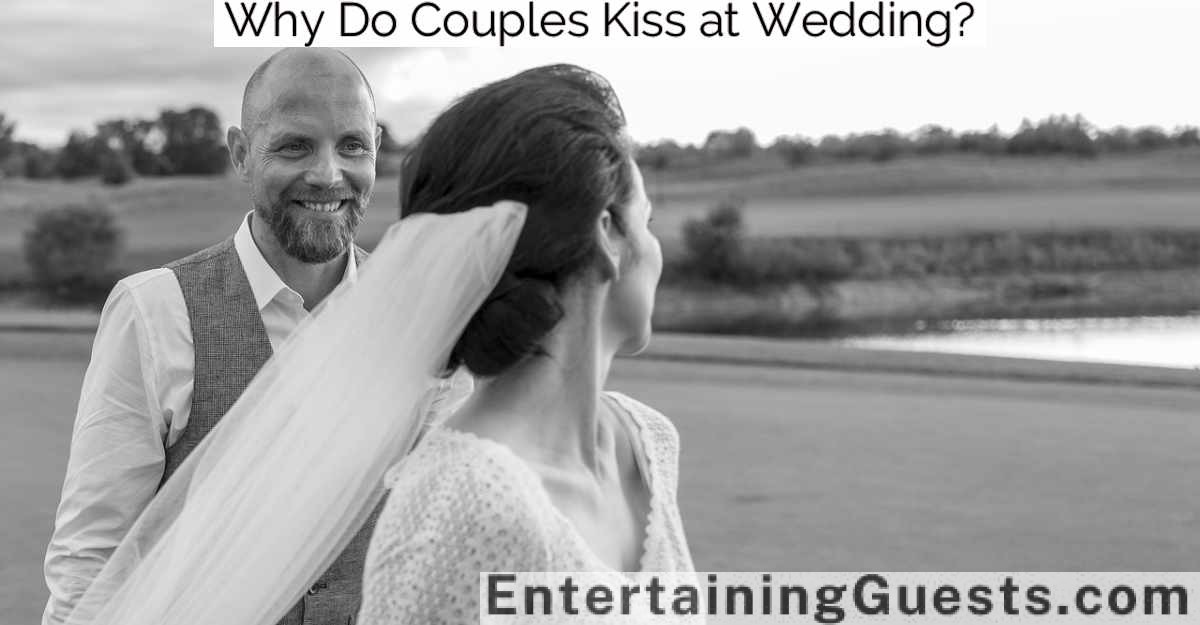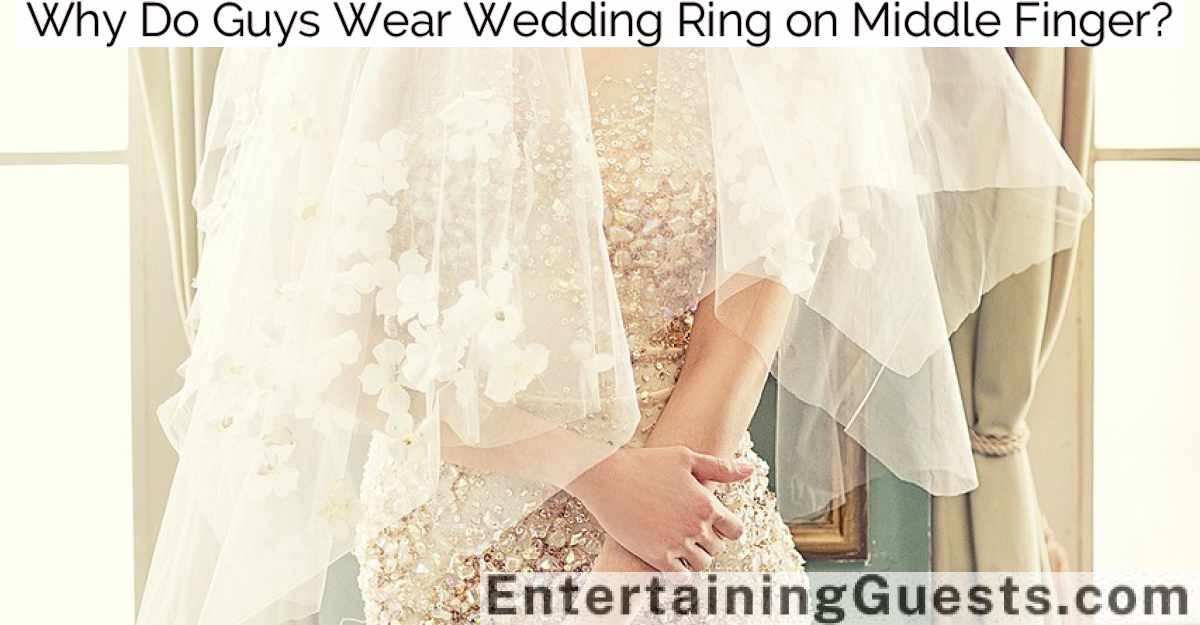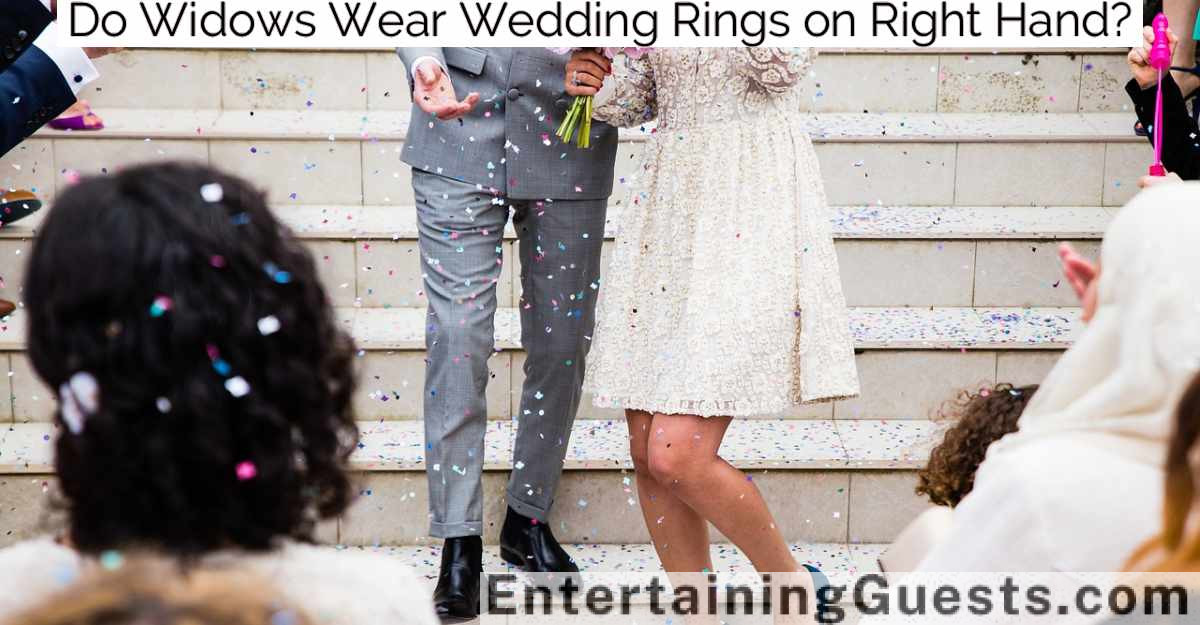An officiant is essential for your wedding as they guarantee it’s legally valid by fulfilling local law requirements and filing your marriage license accurately. They’ll personalize your ceremony, reflecting your unique relationship and values, and handle logistics to guarantee the event flows seamlessly. Beyond logistics, an officiant offers emotional support, helping manage any stresses or emotional moments, making your day memorable and stress-free. They also respectfully incorporate any cultural or religious traditions, honoring your backgrounds. With their detailed guidance and personal touch, an officiant turns your wedding into a profoundly meaningful celebration, preparing you to step confidently into this new chapter. Discover how an officiant can elevate your special day beyond the basics.
Key Takeaways
- Officiants ensure the marriage is legally valid by fulfilling local legal requirements.
- They personalize the ceremony to reflect the couple’s unique story and values.
- Officiants manage the ceremony’s flow, ensuring smooth transitions and engagement.
- They provide emotional support and guidance, reducing stress on the wedding day.
- Officiants respectfully incorporate cultural and religious elements into the ceremony.
Legal Requirements Fulfilled
An officiant plays an essential role in guaranteeing your wedding meets all legal requirements. They verify the marriage license is correctly completed and filed, which is vital for your marriage to be legally recognized. This involves more than just signing a document; it requires knowledge of the laws that vary by location.
You’ll need someone who understands the specifics of local regulations, including any residency requirements or waiting periods. Your officiant also verifies that both you and your partner are legally eligible to marry. This includes checking that you meet age requirements and aren’t currently married to someone else.
They act as a guide through the legal landscape of marriage, which can be complex and confusing. Remember, if these legalities aren’t sorted out properly, you could face issues down the line with things like insurance benefits, taxes, or estate planning.
It’s not just about the ceremony itself but guaranteeing your future as a legally recognized couple is secure. Choosing a qualified officiant isn’t just a formality—it’s a safeguard. They protect your rights as a couple and guarantee that your union starts on solid legal ground.
Trust in their expertise to help you navigate this essential aspect of your wedding day.
Personalizing the Ceremony
Choosing the right officiant allows you to tailor the ceremony to reflect your unique love story and personal values. It’s not just about picking anyone; it’s about finding someone who understands the nuances of your relationship and can express this beautifully to your loved ones. Imagine an officiant who not only knows your story but also resonates with your spiritual beliefs or secular preferences, creating a ceremony that feels authentically ‘you’.
Here’s a table to help illustrate the kind of personal touches an officiant can bring to different aspects of your ceremony:
| Aspect | Standard Approach | Personalized Touch |
|---|---|---|
| Vows | Traditional ‘I do’ | Custom vows that include personal anecdotes |
| Readings | Classic wedding passages | Selections that mean something special to you both |
| Rituals | Typical candle or sand ceremony | Unique rituals like planting a tree together |
This customization makes your wedding not just a formal event, but a personal celebration of your union. Your officiant’s role is vital in weaving your personalities into the ceremony’s fabric, ensuring that every word and every moment reflects what’s truly in your hearts. Don’t underestimate the power of a well-chosen word or a meaningful pause; these are the touches that make your big day unforgettable.
Coordinating the Flow
You’ll appreciate the role of an officiant in seamlessly guiding the ceremony from one phase to the next, guaranteeing everything progresses smoothly without awkward pauses or confusion. The officiant’s expertise in managing the ceremony’s rhythm is essential. They know exactly when to signal the music to start, when to prompt speakers, and how to gracefully handle any unforeseen interruptions. This level of coordination is crucial, especially during a day when emotions are high and the couple might be overwhelmed.
An officiant is also adept at keeping the audience engaged. They understand the pacing necessary to keep the ceremony moving at a comfortable speed, ensuring that guests remain attentive and involved. Their experience allows them to read the room and make quick adjustments as needed, whether it’s speeding up a lagging section or allowing a few extra moments for a particularly touching part of the ceremony.
This ability to orchestrate the event isn’t only about sticking to a schedule. It’s about creating a smooth, flowing experience that feels natural and joyful. You’re not just hiring someone to recite words; you’re investing in a skilled professional who guarantees that your ceremony feels like a cohesive, memorable event.
Emotional Support and Guidance
Throughout your wedding day, the officiant offers invaluable emotional support and guidance, helping you navigate the highs and lows with ease. The presence of an experienced officiant means you’re not alone in managing the day’s emotional rollercoaster. They’re there to provide reassurance and perspective, guaranteeing that you stay centered and enjoy the moment.
Your officiant has likely been part of many weddings and understands the common anxieties and stresses that can arise. They’re well-equipped to help you handle any unexpected emotional hurdles. Whether it’s calming jittery nerves before walking down the aisle or offering comforting words during a bout of pre-ceremony jitters, their support is indispensable.
Moreover, the officiant acts as a confidante, someone you can lean on when emotions run high. They’re not just a figure of authority but also a source of comfort. Their role extends beyond merely conducting the ceremony; they’re there to guarantee that your emotional well-being is looked after.
This support allows you and your partner to fully immerse yourselves in the joy and significance of your union, making your wedding experience as stress-free and memorable as possible.
Cultural and Religious Elements
Incorporating cultural and religious elements into your ceremony not only honors your heritage but also enriches the meaningfulness of your union. When you choose an officiant familiar with these traditions, they seamlessly weave them into your wedding, ensuring each ritual’s authenticity and respect.
Whether it’s the breaking of the glass in Jewish weddings, the colorful rituals of a Hindu ceremony, or the handfasting in Celtic practices, your officiant’s expertise is essential in bringing these elements to life in a way that resonates deeply with you and your guests.
Your wedding ceremony is a reflection of both of you as individuals and as a couple. If you’re blending different backgrounds, your officiant can help create a harmonious mix of both, acknowledging and celebrating the diversity that strengthens your bond.
This isn’t just about following traditions; it’s about creating a space where those traditions can speak to the uniqueness of your shared path.
Frequently Asked Questions
How Much Does Hiring a Wedding Officiant Typically Cost?
Hiring a wedding officiant typically costs between $200 and $800, depending on their experience and the ceremony’s complexity. You’ll find that seasoned professionals often charge more for their expertise and customization.
Can a Friend or Family Member Legally Officiate My Wedding?
Yes, a friend or family member can legally officiate your wedding if they’re ordained. Many online platforms offer quick ordination. Just make certain it meets your state’s legal requirements to avoid issues.
What Happens if an Officiant Cancels Last Minute?
If your officiant cancels last minute, you’ll need to find a replacement quickly. Check if a friend or relative can legally officiate by obtaining a temporary authorization, or contact local officials for help.
Are There Eco-Friendly or Sustainable Officiating Options?
You can choose eco-friendly officiating options by selecting an officiant who supports sustainability, uses digital documents, and encourages minimal travel and waste at your ceremony, aligning with your environmental values.
How Long Does a Typical Wedding Ceremony Last?
Typically, a wedding ceremony lasts between 20 to 30 minutes. However, it can vary depending on personal preferences and the elements you choose to include in your special day’s celebration.
Conclusion
In wrapping up, choosing the right officiant is essential for your wedding.
They not only guarantee your ceremony meets legal standards but also personalize and coordinate the flow, making your day uniquely yours.
Their presence provides emotional support and incorporates important cultural or religious elements.
So, invest time in selecting someone who truly resonates with your vision and values.
This decision will enrich your ceremony, making it a memorable and heartfelt celebration of your love.







